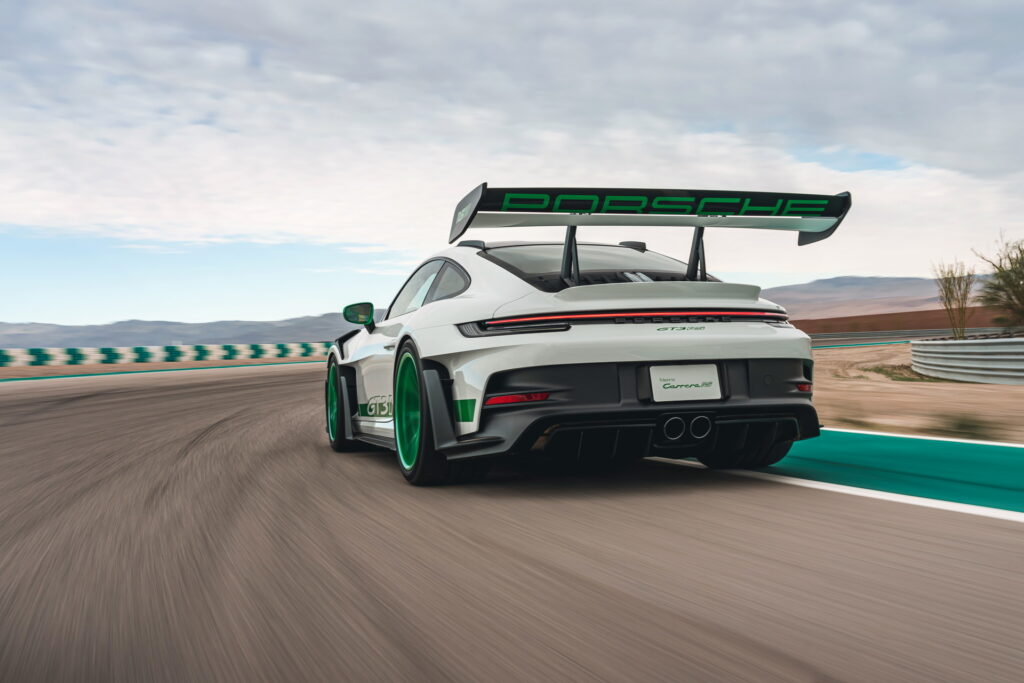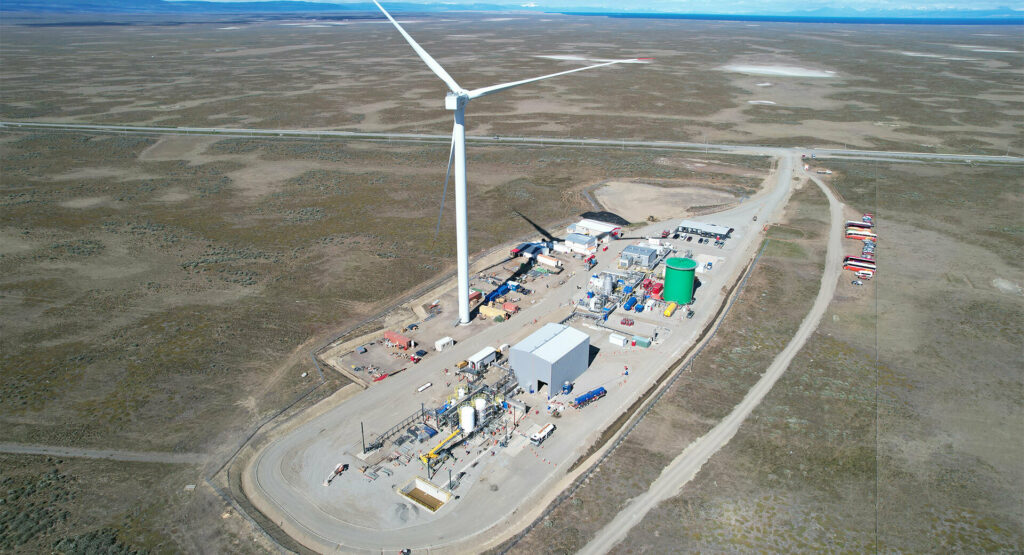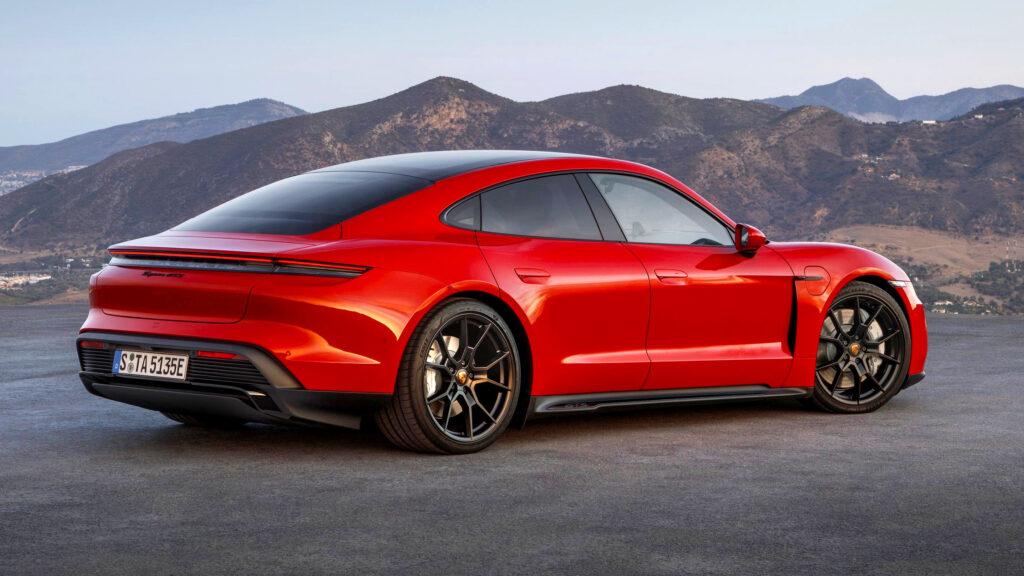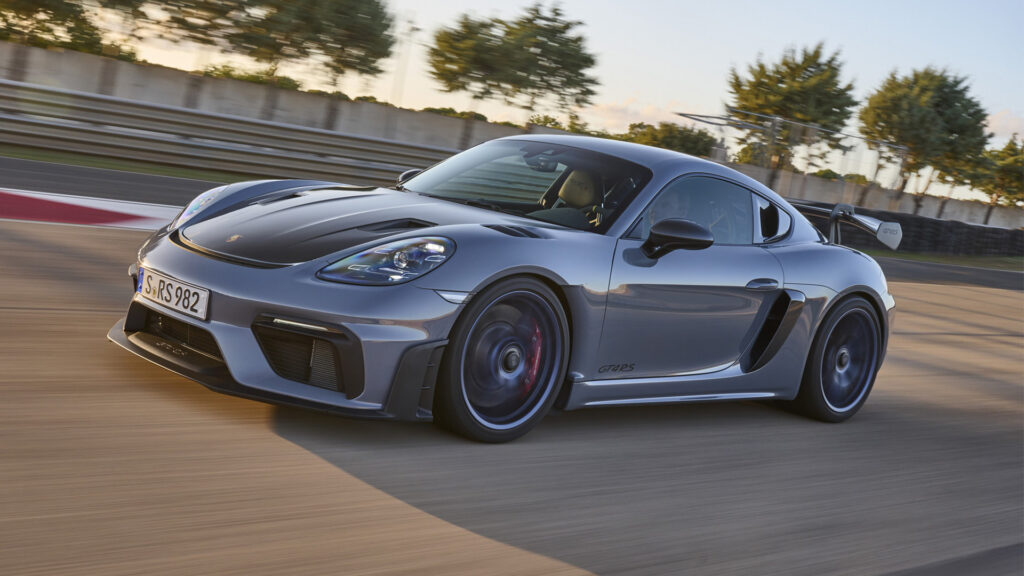New Porsche chief executive Oliver Blume remains committed to the brand’s development of advanced e-fuels and doesn’t believe that it conflicts with Porsche’s wide electrification plans.
While recently speaking to members of the press following the release of the company’s latest financial results, Oliver Blume said the debate over e-fuels was “emotional” and noted that it is the only way to decarbonize the internal combustion engine.
“We can adjust tax politics to make e-fuels cheaper… politics should support investments to make prices more attractive,” Blume said. “It is worth it. I know no other possibility to decarbonize combustion engine cars.”
Read: Porsche Begins Producing Synthetic eFuel In Chile

Porsche chief financial officer Lutz Meschke underlined the importance of e-fuels and electrification during the brand’s annual press conference. He noted that Porsche still plans for more than 80 per cent of its new car sales to be made up of all-electric vehicles by 2030, noting that things will start with the all-electric Macan and be followed by the electric 718, and then the all-electric Cayenne. He also confirmed reports that Porsche is developing a new electric SUV to sit above the Cayenne.
While Porsche foresees electric vehicles making up the majority of its sales moving forward, it’s not willing to let the internal combustion engine die.
“With regard to ICE cars, we think e-fuels can play a useful complementary role – for the large number of existing cars and niche segments,” Meschke added. “E-fuels are equally suitable for planes and ships. You have probably been following the current debate. The point is that the EU Commission is to outline a possibility for e-fuels to be used in new vehicles with internal combustion engines – even after 2035.”

“Together with partners, we have built an e-fuel pilot plant in Chile,” he added. “Production has been running since December. This plant demonstrates that e-fuels can be produced on an industrial scale.”
The Chilean facility is currently in its pilot phase and capable of producing 130,000 liters (34,342 gallons) of e-fuel each year. After the pilot is finished, Porsche’s project will expand and is expected to produce 55 million liters (14.43 million gallons) per year by the middle of the decade before ultimately being able to produce 550 million liters (145.3 million gallons) of e-fuel annually.








